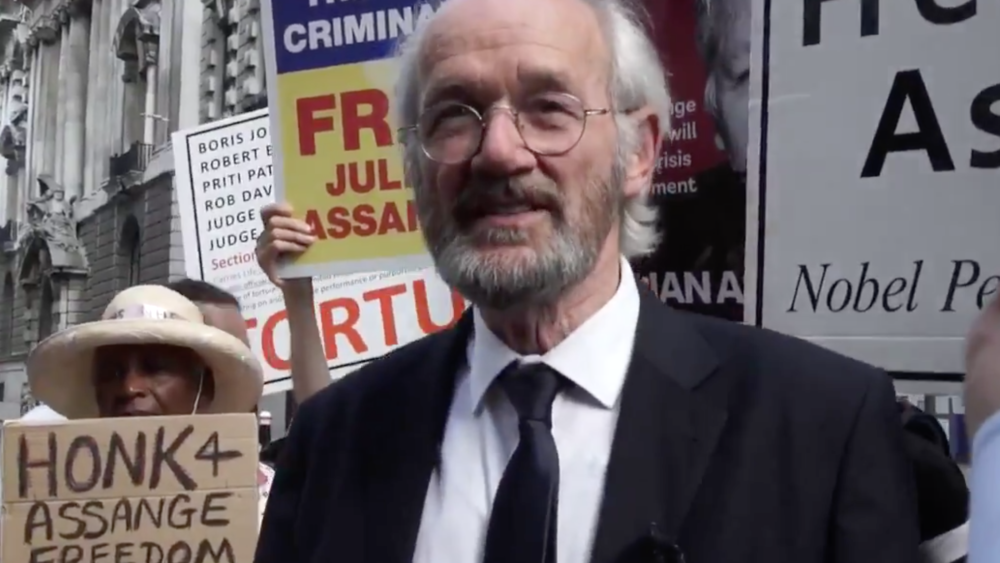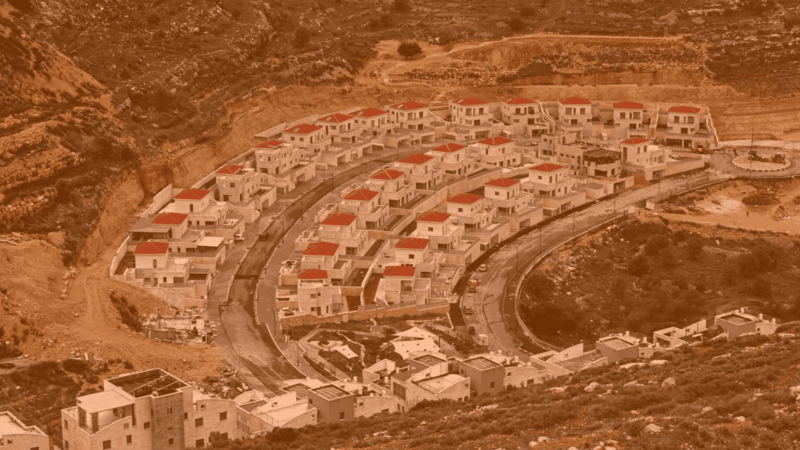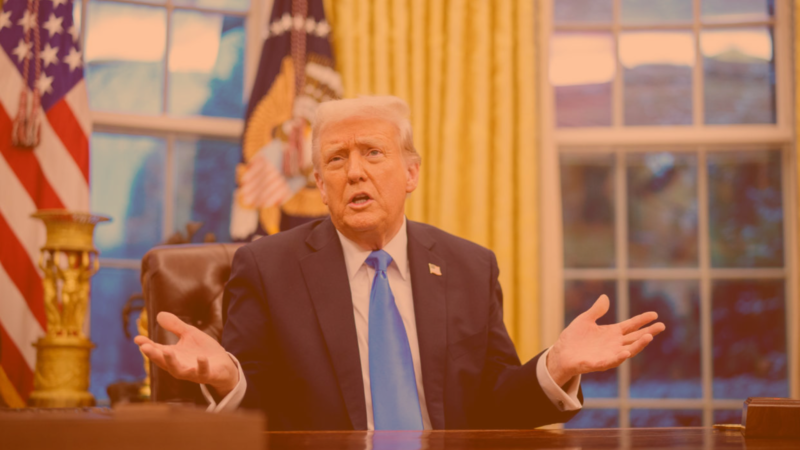The trial against the free press continues.
The trial in the United Kingdom seeking to extradite Wikileaks founder Julian Assange to the United States was postponed last week due to a member of the prosecution (representing the US government) reportedly experiencing COVID-19 symptoms.
While the trial against Assange resumed on Monday, complications — including press access — continued to plague those providing court updates about the fate of the Wikileaks founder and the free press.
DiEM25 provides a roundup of the charges against Assange, updates from the trial, and why supporters of a free press should not let the war on whistleblowers continue.
The extradition case against Julian Assange: an overview.
Julian Assange was arrested in 2019 after London police physically removed the Wikileaks founder from the Ecuadorian embassy — the first time in history a government allowed a foreign law enforcement agency to enter its sovereign territory and arrest one of its citizens.
Assange received asylum from Ecuador in 2012 after then-Ecuadorian president Rafael Correa believed the Wikileaks founder faced “political persecuted and prospect of an unfair trial” in the United States.
Since arrest, Assange has been jailed in the United Kingdom’s Belmarsh prison, once dubbed “Britain’s Guantanamo.”
The original US case against Assange accused the WikiLeaks founder of “conspiring” with Chelsea Manning (then Bradley) in 2010 to commit ‘intrusion’ (hacking) of a government computer. US charges grew in May 2019 to 18 counts (from 2) under the Espionage Act, which targets Assange as a publisher of classified government documents.
Charges under the Espionage Act prove the most dangerous to a free press, as they criminalize what most journalists do every day: publish leaked material from sources. For this reason, the Obama administration declined to indict Assange, despite charging more leakers under the Espionage Act than all predecessors combined.
If extradited to the United States and convicted on all charges, Assange faces up to 175 years in prison.
Courtroom updates from the Old Bailey.
As the extradition trial in London’s Old Bailey resumed over video conference on Monday, connectivity problems again plagued those covering the hearing.
Journalist Stefania Maurizi noted “terrible” audio quality hearing witness US lawyer Eric Lewis, who was speaking on behalf of Assange. Maurizi noted even Judge Vanessa Baraitser “had trouble” hearing Assange witness Lewis. Journalist Tristan Kirk corroborated Maurizi, sharing that Lewis spent ten minutes asking if Barasiter could “hear him”, even “waving” to confirm the judge’s attention.
NGOs, including Amnesty International, are continually denied access to a video link of the trial.
Connecting with the outside world has not been limited to technology problems for Assange. The Wikileaks founder has reportedly not been able to access his lawyers for “six months”. Requests to delay the trial by the defense — in order to prepare for new charges by the US which led to Assange’s “rearrest” last week — have been denied by judge Vanessa Baraitser.
Monday’s hearing concluded after technical issues prevented the court from re-establishing a connection with Lewis. When court resumed Tuesday, US attorney Thomas Durkin, speaking on behalf of Assange, noted the “draconian” sentencing threatened against the Wikileaks founder and the prospect of an unfair trial in the United States.
“Kafkaesque” is the way whistleblower Edward Snowden characterised the case so far.
How to silence Whistleblowers.
As shared by professor Noam Chomsky and novelist Alice Walker, the Assange case has become more about the personality of the founder of Wikileaks than what the whistleblower organization has exposed — government misconduct. Assange’s lawyer Antoine Vey has noted that this is ‘no longer a legal case, but a political one’ — and at the center of the trial rests a debate on the existence of the rule of law itself.
This appears undoubtedly true, as a yearslong smear campaign against Assange, such as the story that he placed his own feces on Ecuadorian embassy walls, has pit the Right and Left against the Wikileaks founder and obscured details of the trial.
The Right has hated Assange since Wikileaks exposed war crimes in Iraq and Afghanistan, further discrediting the War on Terror led by Republican president George W. Bush. Some even called for his execution, including Donald Trump. Assange become a persona non grata on the Left due to those who believe Wikileaks ushered Donald Trump into the White House. The irony appears lost, on the Left and those on the Right who hate the Trump administration, that convicting Assange in a US court threatens the free press which has encouraged such dissent since the 2016 election.
Even for those who may not like Assange, the case itself should raise concern. Along with lack of access to his lawyers, Assange was repeatedly spied on in the Ecuadorian embassy during meetings with lawyers, a scheme conducted by Trump megadonor Sheldon Adelson.
There’s also the physical and mental strain put on Assange, described as torture by the UN and a team of physicians at The Lancet, which makes clear the intent of the US case: discouraging future whistleblowing against corruption.
LIVE: #AssangeCase – Day 6 – End of day statements #FreeAssange
https://t.co/QdrS2WExvw— Don't Extradite Assange (@DEAcampaign) September 15, 2020
At DiEM25, we do not see Julian’s fight as an individual’s struggle.
Rather, we stand in defense of a movement that is pro-whistleblower, pro-transparency, and anti-secrecy. Whether it’s in Australia, where whistleblowers are being prosecuted in closed trials, or Turkey where public prosecutors are being targeted with anti-terrorism laws, we must support those who have the courage to speak out.
Photo: Julian Assange’s father John Shipton speaks to the press. Photo Source: Don’t Extradite Assange.
Do you want to be informed of DiEM25's actions? Sign up here















